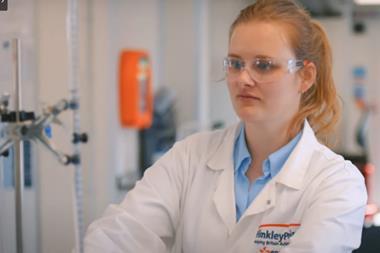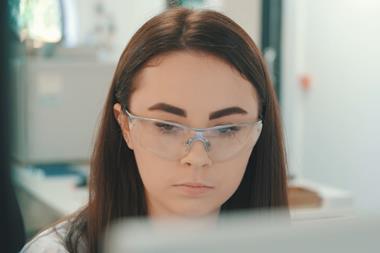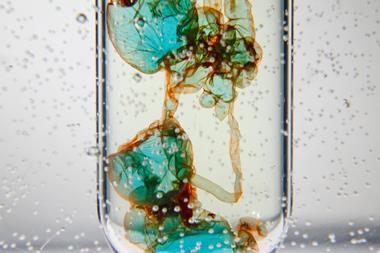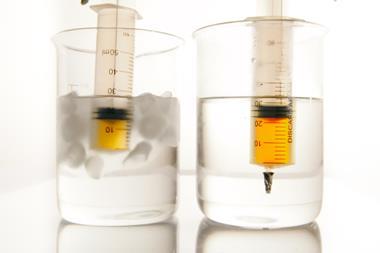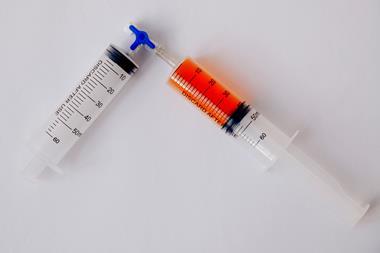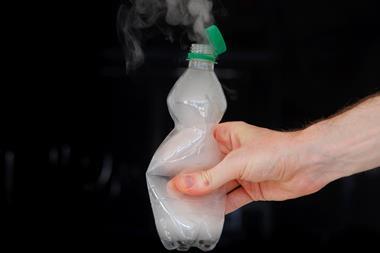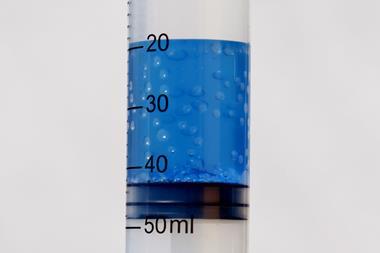-
- Salary range: Under £25k
- Minimum qualification for
Higher degree apprenticeship and laboratory analyst: Three A-levels (or equivalent) with minimum of a C grade in chemistry or biology and five GCSEs (or equivalent) min. grade 4
Laboratory analyst, straight into the role BSc and eligible for RSC membership - Skills required: Communication, teamwork
- Training required: Apprenticeship has on the job training
- Work–life balance: Engaging
- Career progression: Completing apprenticeship and degree to be ready to apply for more senior positions/responsibility
- Locations: Find related work experience positions using our map of employers. Browse Thames Water’s website
 -->
-->
More jobs like Joseph's
What does a laboratory analyst and higher degree apprentice at Thames Water do?
I run different tests on water to make sure that there’re no impurities so that we can provide a clean water service. Everyday I come in and I get all the water samples and distribute them into the different tests that are required. I run routine checks to make sure the water is safe.
What made you choose an apprenticeship?
Whilst I was studying at college there was a national apprenticeship scheme which I found out through my own external research. I went there and spoke to some Thames Water people.
I was like, “this is what I want to do”, because it means I get to work in a lab and do chemistry and do the practical aspect of it and then also go to university and study so I get to further my education while I’m working. I also get on the job training whilst getting paid to do this.
How does your work affect the world around us?
Water is something that we use every single day and I think it’s taken for granted. People wouldn’t be able to live without it. But it’s also chemistry as a whole people take for granted, how much of a role that plays in every day everyday life.
We have a scheme called the poo power scheme which is where our over 300 treatment works treat sludge and final effluent to convert that into renewable energy, electricity for all of us which is a massive environmental factor. It reduces how much waste we put out.
What advice would you give to someone considering a career in your field?
If you want to consider a career in chemistry, think about a degree apprenticeship. It’s much more hands-on and it helps you understand what you’re doing and understand the chemistry you may already know. I talk to my friends quite a lot about the work that I do and providing water to the thousands of people across the UK and how I make a difference and they think that’s very cool.
Chemistry makes me appreciate everyday life and what we take for granted and here at Thames Water we wouldn’t be able to do what we do without chemistry.
First published 2020








